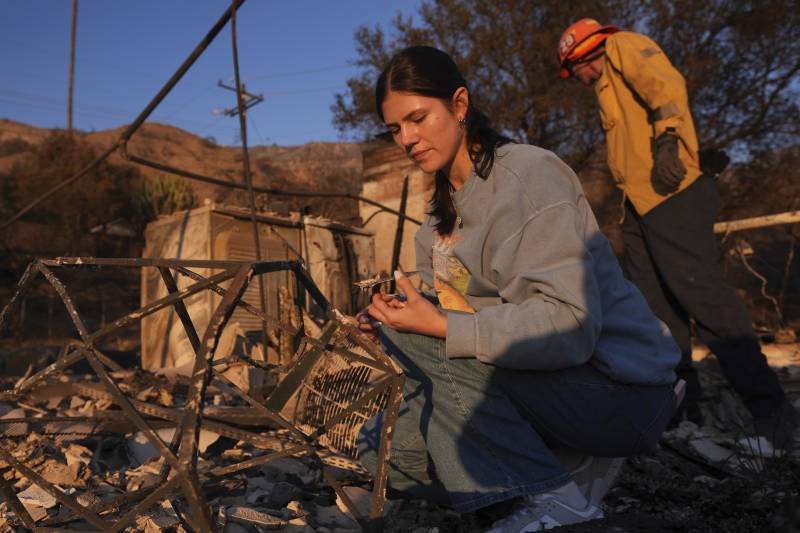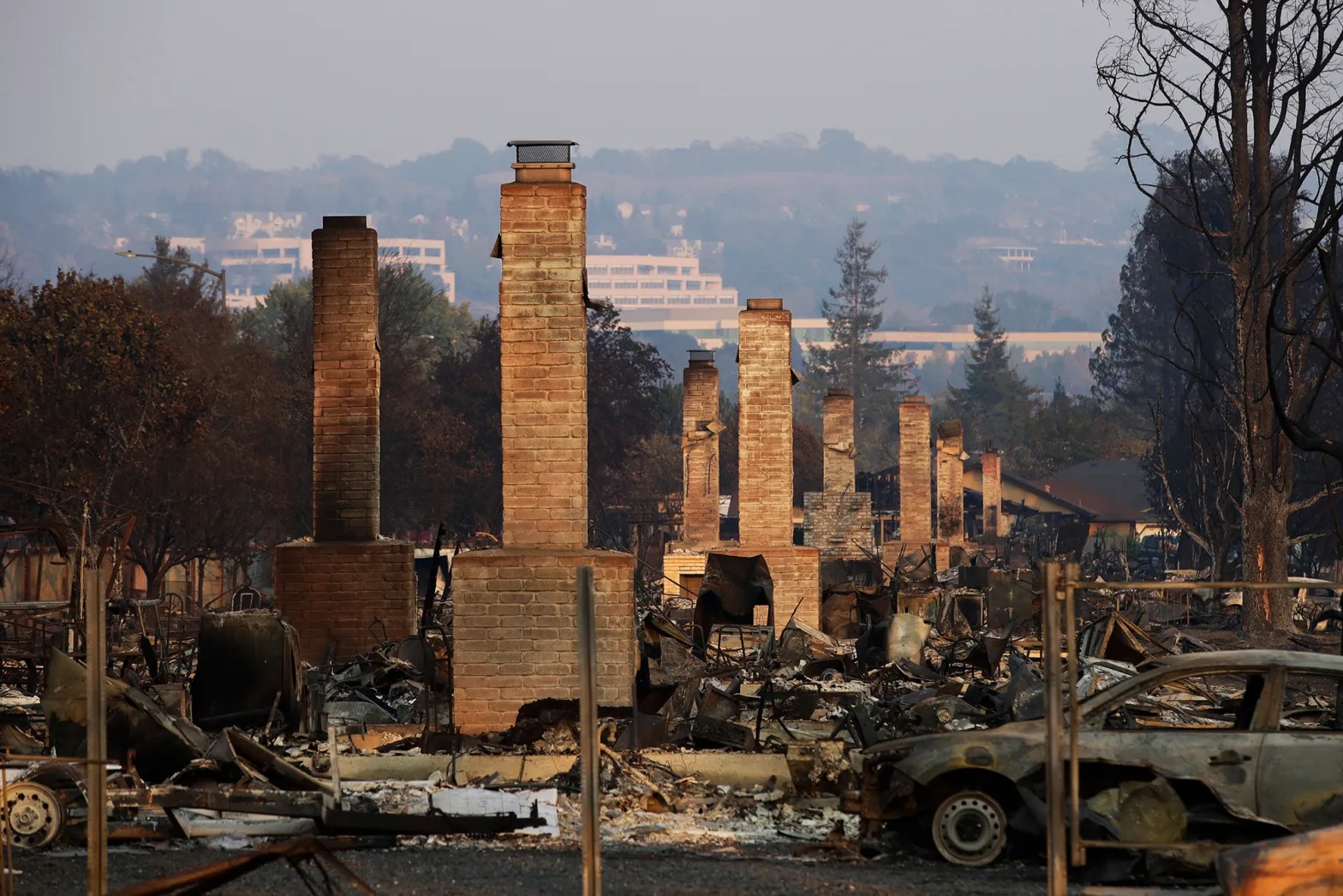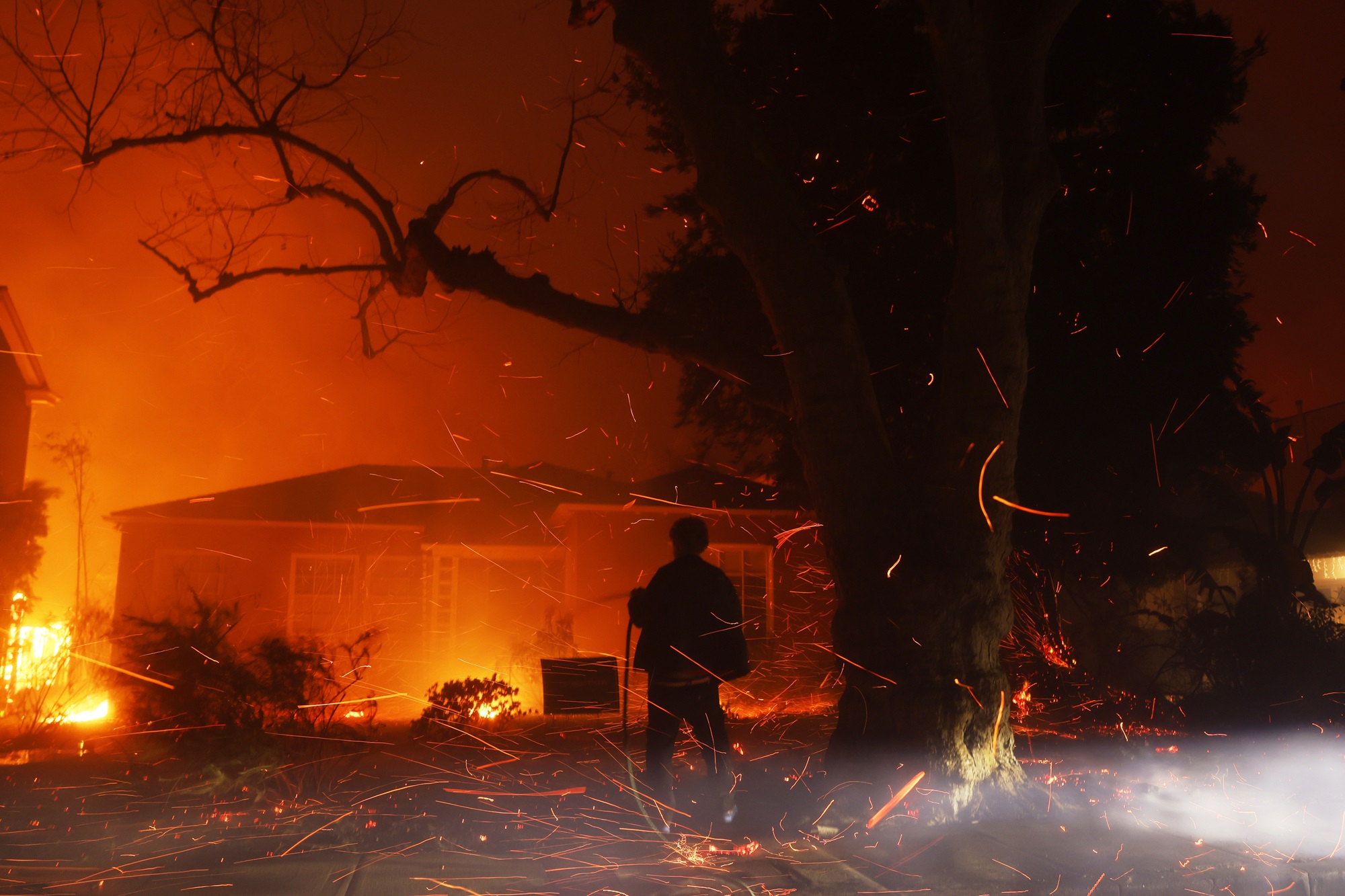When the fees will show up on bills is undetermined and will be hammered out in the coming months. The fee will be temporary and cannot be folded into insurance rates. The total amount should be collected within two years.
There is a precedent for supplemental insurance fees. Following several seasons of bad hurricanes in the 2000s, Florida’s insurer of last resort was bailed out, with property insurance policyholders shouldering the entire cost. In California, the FAIR plan last needed rescuing three decades ago.
In 1993, fires consumed parts of Altadena, Malibu and Topanga, some overlapping with the footprint of the January fires in Los Angeles. The 1994 Northridge Earthquake, one of the costliest natural disasters in the nation’s history, hit the same region. Thousands of homes were destroyed and freeways collapsed. Thousands were injured and 72 people died.
Following the disaster, insurance companies decided they no longer wanted to cover earthquake damage. California was too risky, so they stopped writing policies in the state. The state Legislature created the California Earthquake Authority, which provides pricey earthquake insurance and permits standard insurers to exclude earthquake coverage from their property insurance policies. The result is that, according to CEA, only about 13% of Californians who have residential insurance also have earthquake insurance.
Insurers came back to the state, but more residents are now at risk of being uncovered when the next Big One hits.
The instability after Northridge could have been a wake-up call about the danger of an unhealthy insurance market. Instead, following disastrous fires starting in 2017, the market again destabilized to the point of approaching collapse because too many Californians rely on the FAIR Plan.
“Commissioner Lara has looked at what happened [after those disasters] and decided we didn’t learn the right lesson,” said Michael Soller, a Department of Insurance spokesperson. “We need to stay on and strengthen the mitigation path.”
Making homes safer is the path forward, he said.
California can’t get to the point where insurance companies don’t want to cover fire damage.



